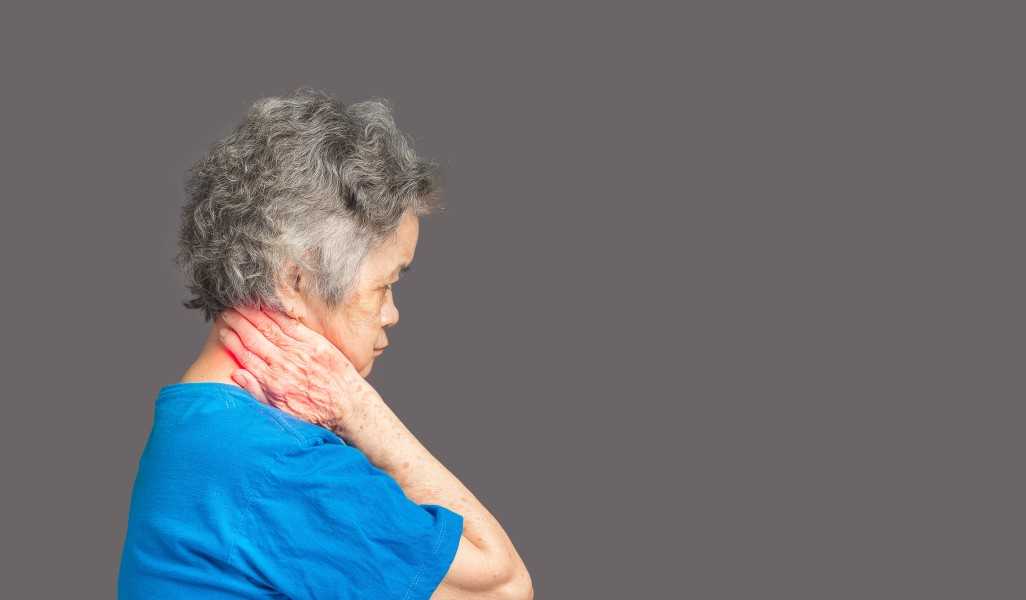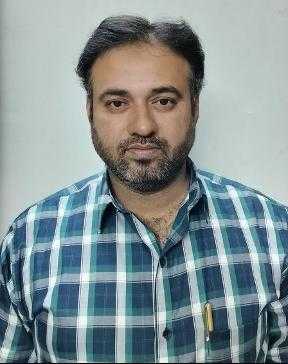
Expert Physiotherapy at Home
Certified physiotherapists visit you at home to provide focused, one-on-one care tailored to your needs. With no travel or waiting rooms, recovery happens in a setting that is comfortable, familiar, and built around your convenience.
Personalised Recovery Programmes
Every treatment plan is designed to suit your condition, goals, and pace. Our physiotherapists follow structured, evolving protocols to ensure consistent progress, with each session aligned to deliver meaningful results.
Trusted Physiotherapists. Real Results.
Our team comprises experienced, background-verified physiotherapists trusted by thousands of families. With a strong focus on safety, reliability, and clinical outcomes, we make recovery at home both effective and reassuring
Patient Testimonials
Portea Physiotherapists for Home Visits
Meet some of our experienced and dedicated healthcare professionals

Dr. Lokesh G
Physiotherapist
Specializations
Experienced in Neurological rehabilitation, Orthopaedic physiotherapy, and Paediatric care
Delivers structured, high-impact treatment plans across neuro, ortho, and paediatrics—ensuring safety, comfort, and measurable recovery at every stage.

Dr. Mohammed Sarwar
Physiotherapist
Specializations
Experienced in Neurological rehabilitation, Adult physiotherapy, and Paediatric care
Combines deep clinical expertise with a compassionate approach, supporting both adults and children through neuro and physical rehabilitation that promotes long-term independence and recovery.

Dr. Nelapati Divya
Physiotherapist
Specializations
Skilled in Orthopaedic rehabilitation, Manual therapy techniques, and Paediatric physiotherapy
Brings a personalised, hands-on approach to healing—combining structural expertise with paediatric sensitivity to restore movement, relieve pain, and improve everyday function.

Dr. Naveen V
Physiotherapist
Specializations
Trained in Pain management, Cardiac and Orthopaedic rehabilitation, Neurological care, and Neural tissue mobilisation
Brings clinical precision and empathy together—designing science-backed recovery protocols for pain relief, nerve mobilisation, and cardio-neuro-ortho rehabilitation across all age groups

Dr. Miloni Savla
Physiotherapist
Specializations
Holds an MPT in Orthopaedics with a focus on Musculoskeletal rehabilitation and strength recovery
Delivers focused, movement-oriented therapy grounded in orthopaedic science—helping patients rebuild strength, restore function, and return to daily life with confidence
Other Cities
Physiotherapy Treatments

understanding cervical dystonia
Cervical dystonia, also known as spasmodic torticollis, is a chronic neurological condition that causes involuntary contractions of the neck muscles. These contractions lead to abnormal head postures, restricted movement, and, often, significant discomfort or pain. While the condition can develop at any age, it most commonly affects individuals in middle age and has a greater prevalence among women.
causes and risk factors
The exact cause of cervical dystonia remains unclear, but it is believed to result from a combination of genetic predisposition and environmental triggers. Neurological conditions like Parkinson’s disease or multiple sclerosis, as well as injuries or infections involving the neck and head, can contribute to its onset. Certain medications that affect the central nervous system have also been associated with cervical dystonia.
symptoms and impact
Symptoms of cervical dystonia can vary from mild to severe. The most noticeable signs include involuntary twisting or tilting of the head, persistent neck pain, and difficulty maintaining a neutral head position. In some cases, individuals may also experience tremors or jerky movements in the neck, further complicating mobility and comfort.
treatment strategies
Treatment for cervical dystonia typically involves a multidisciplinary approach. Botulinum toxin (Botox) injections are often used to relax overactive neck muscles, providing temporary relief from spasms. Medications such as muscle relaxants or anticholinergics may also help manage symptoms.
preventing cervical dystonia
By maintaining good posture and avoiding prolonged neck strain, you can reduce the risk of Cervical Dystonia. Practicing regular neck exercises and stretches helps improve muscle flexibility and prevent tension. Managing stress through relaxation techniques, such as yoga or meditation, can lower the risk of muscle spasms. Adjusting your workspace to ensure ergonomic alignment, like keeping your screen at eye level and your chair supportive, is essential. Avoiding repetitive neck movements and heavy lifting can also protect your neck muscles. Early intervention and a healthy lifestyle are key to minimizing the chances of developing this condition.
how physiotherapy helps
Long-term care often includes physiotherapy to address both the physical and functional limitations caused by the condition. Physiotherapy focuses on improving muscle strength, enhancing neck mobility, and alleviating pain. Specific techniques such as stretching exercises and postural training help reduce muscle stiffness and correct abnormal head positions.
tailored care at portea
At Portea, we specialize in providing personalized physiotherapy services for individuals with cervical dystonia. By delivering care at home, we ensure that our patients receive expert treatment in a comfortable and familiar setting, promoting a faster and more effective recovery.
We also specialize in providing expert physiotherapy services for post-surgical rehab, arthritis, neuro-rehab, sports injury, orthopaedic physiotherapy, physiotherapy for elderly and more – all delivered conveniently at your home. Our dedicated team ensures you receive the personalized care you need for a smooth and successful recovery.
Portea provides a range of services to support your health, including nursing care at home, nursing attendants at home, and options to rent or purchase medical equipment at home. We also offer home vaccinations, personalized diabetes care plans, mothers and baby care plans at home. Our goal is to deliver compassionate, tailored care right where you need it.
portea’s physiotherapy services based on medical conditions
faq’s
1. What is cervical dystonia?
Cervical dystonia, or spasmodic torticollis, is a neurological condition causing involuntary neck muscle contractions, leading to abnormal head posture and pain.
2. What causes cervical dystonia?
The exact cause is unclear but involves genetic and environmental factors, neurological disorders like Parkinson’s, or injuries and infections in the neck.
3. What are the symptoms of cervical dystonia?
Key symptoms include involuntary neck muscle spasms, abnormal head positioning, neck pain, and sometimes tremors or jerky movements.
4. How is cervical dystonia treated?
Treatment includes botulinum toxin (Botox) injections, medications like muscle relaxants, and physiotherapy to manage symptoms and improve mobility.
5. How does physiotherapy help cervical dystonia?
Physiotherapy reduces muscle stiffness, improves strength and posture, and enhances neck mobility through tailored exercises and stretching techniques.
Doctor Consultation
Nursing
Physiotherapy
Trained Attendant
Elder Care
Mother & Baby Care
Lab Tests
Medical Equipment
Speciality Pharma
Critical Care




